Fox MJ, et al. BMJ Open 2015;5(1): e006474
Probiotic yoghurt appears to reduce the incidence of diarrhoea in children receiving antibiotics in general practice settings.
Tag: BMJ
Mar 13 2015
Yoghurt to prevent antibiotic-associated diarrhoea in children
Permanent link to this article: https://evidencebasedmedicine.com.au/?p=1658
Permanent link to this article: https://evidencebasedmedicine.com.au/?p=1592
Permanent link to this article: https://evidencebasedmedicine.com.au/?p=1588
Sep 28 2012
Can exercise be a treatment for depression?
Permanent link to this article: https://evidencebasedmedicine.com.au/?p=1585
Dec 09 2011
How can we treat hangovers?
Permanent link to this article: https://evidencebasedmedicine.com.au/?p=1569
Permanent link to this article: https://evidencebasedmedicine.com.au/?p=1295
Mar 18 2011
Blood pressure measurement; conventional vs automated
Myers MG, et al. Conventional versus automated measurement of blood pressure in primary care patients with systolic hypertension: randomised parallel design controlled trial. BMJ 2011; 342: d286
Automated BP measurement is significantly closer to waking ambulatory BP than conventional manual measurement.
Permanent link to this article: https://evidencebasedmedicine.com.au/?p=1229
Mar 14 2011
Conventional CPR vs chest compression only
Permanent link to this article: https://evidencebasedmedicine.com.au/?p=1116
Permanent link to this article: https://evidencebasedmedicine.com.au/?p=1173
Permanent link to this article: https://evidencebasedmedicine.com.au/?p=993

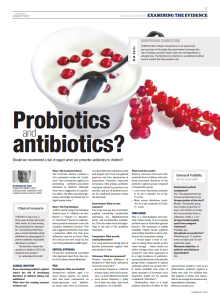
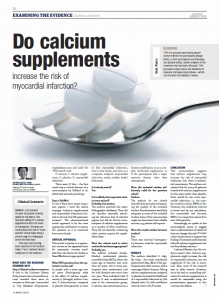
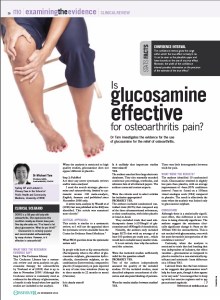
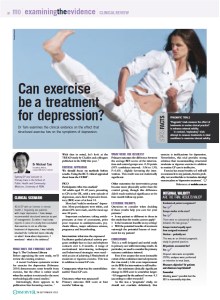

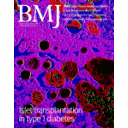
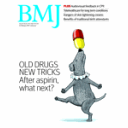

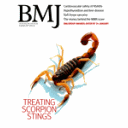
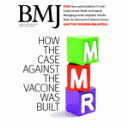
Recent Comments